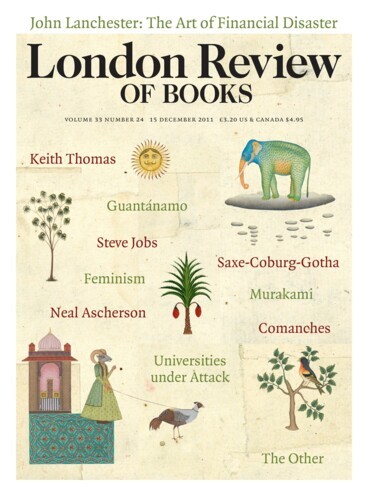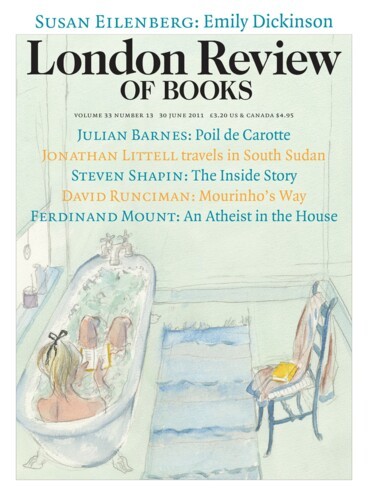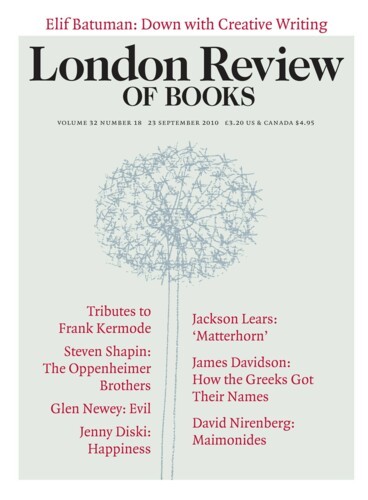An Example of the Good Life: Michael Polanyi
Steven Shapin, 15 December 2011
Michael Polanyi lives on in the footnotes. If you want to invoke the idea of ‘tacit knowledge’, Polanyi is your reference of choice. You’ll probably cite his major book Personal Knowledge (1958), maybe the earlier Science, Faith and Society (1946), maybe the later The Tacit Dimension (1966). ‘We know more than we can tell’ was Polanyi’s dictum. We know how...





